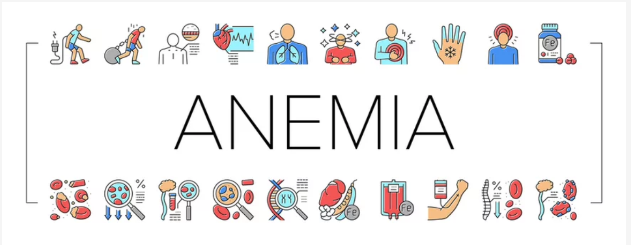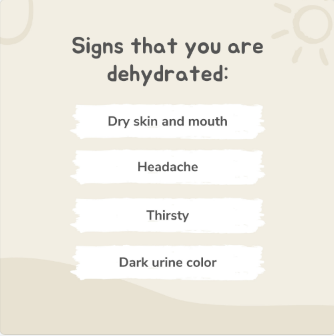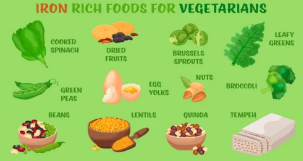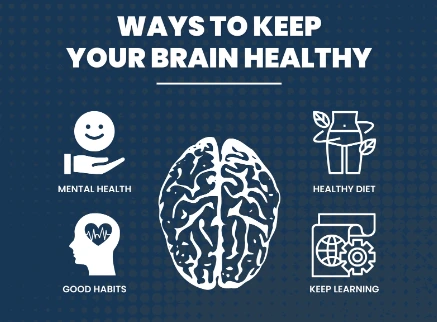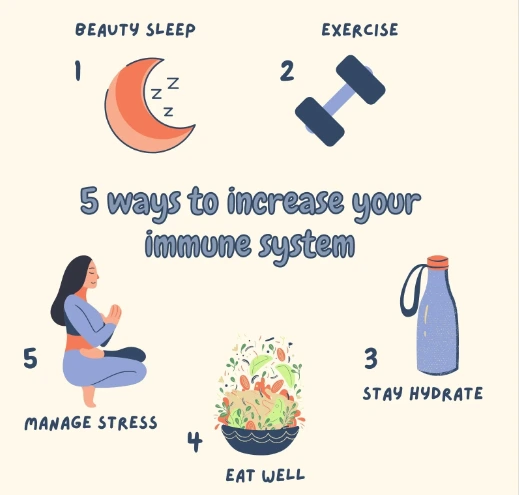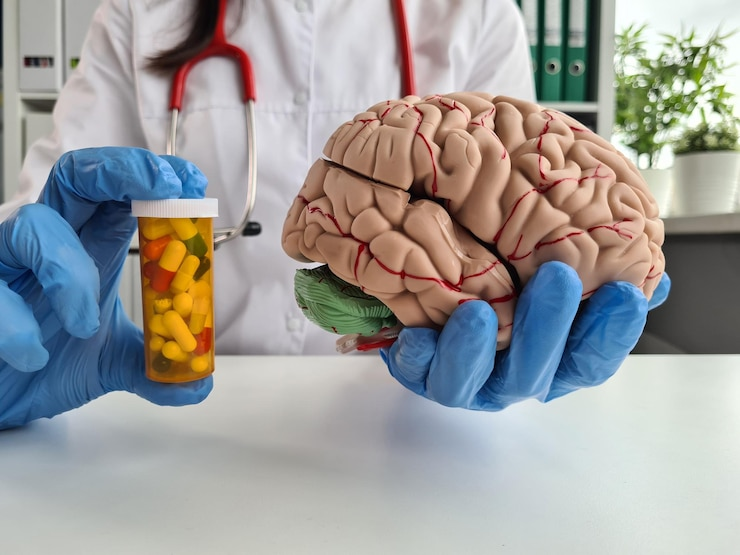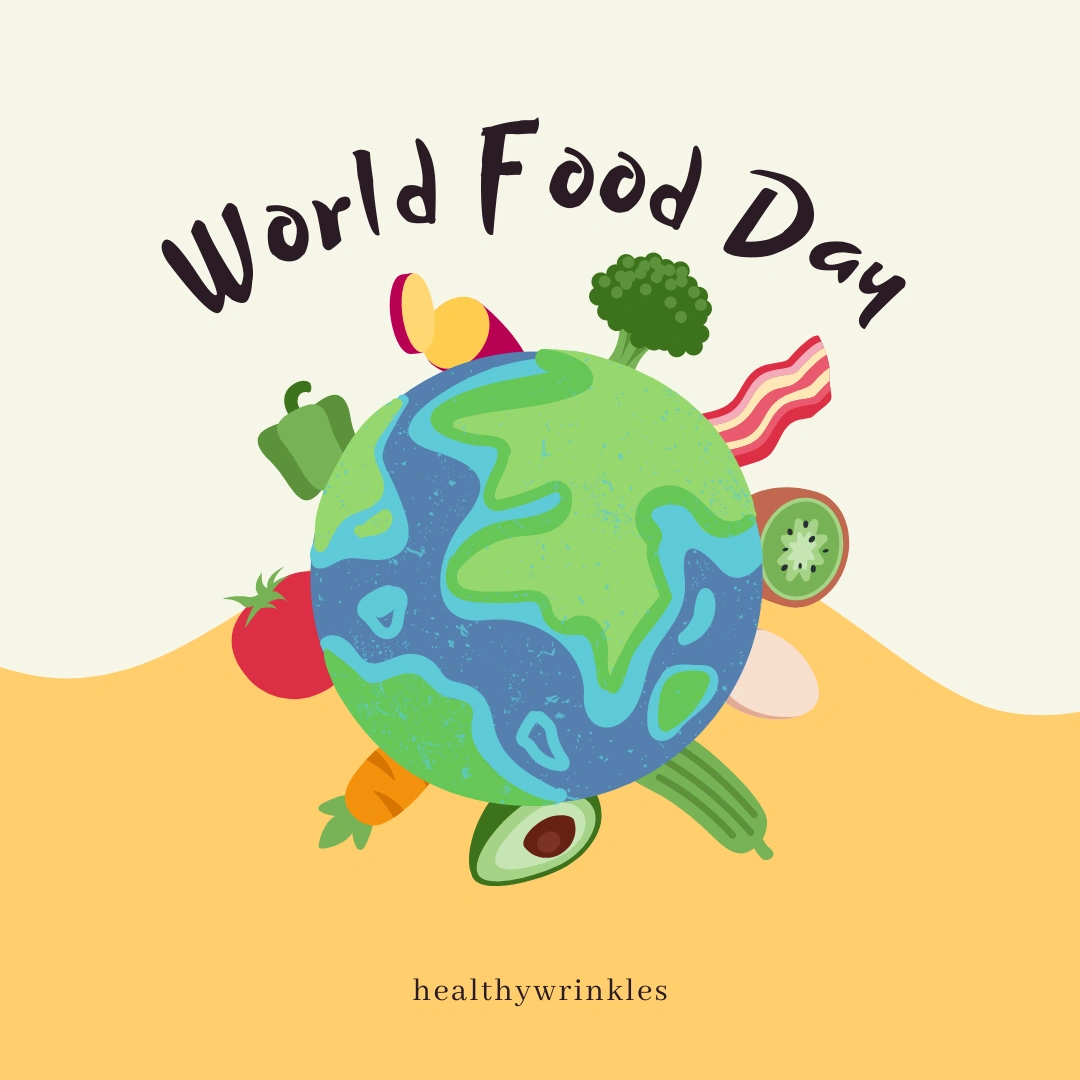Exploring the Connection Between Red Meat and Heart Health: Insights into Gut Health Impact
25-06-24
People who consume a lot of red meat are more likely to develop cardiovascular disease.
Meat's saturated fats and cholesterol are thought to be the culprits. According to one study, the link between red meat consumption and heart disease may be due to gut microbes breaking down carnitine, a compound found in red meat.
Trillions of microbes live in the digestive system. These microbes, known collectively as the microbiota, aid in the breakdown of our food, producing a variety of minor compounds in the process. Trimethylamine is one of these compounds that can be metabolized to form trimethylamine-N-oxide (TMAO). TMAO has been linked to atherosclerosis, a disease in which plaque builds up in the arteries.
Regular meat eaters produced more TMAO than vegans or vegetarians when the scientists gave them a beef steak and a carnitine supplement. Participants made less TMAO after eating carnitine when they were given antibiotics to suppress gut microbes. This suggests that gut microbes play a role in synthesizing TMAO from carnitine. The researchers examined the microbes in the digestive systems of the participants and discovered differences between meat eaters and non-meat eaters. They also discovered associations between carnitine consumption and plasma TMAO levels, implying that diet may influence gut microbiota and thus the ability to form TMAO from carnitine.
The team then examined approximately 2,600 patients who were undergoing cardiac evaluations. They discovered that plasma carnitine levels were linked to the risk of heart disease and cardiac events like heart attacks, strokes, and other heart disease symptoms. These associations were only found in people with high TMAO levels, implying that TMAO is an important link between carnitine and cardiovascular risk.
These findings may help to explain the increased health risks associated with red meat consumption. Our long-term dietary patterns dictate the composition of bacteria living in our digestive tracts A high-carnitine diet actually changes the composition of our gut microbes to those that prefer carnitine, making meat eaters even more susceptible to the formation of TMAO, which promotes atherosclerosis.
The greatest systematic analysis of prospective evidence to date was carried out by researchers at the Nuffield Department of Population Health at the University of Oxford. The review included thirteen cohort studies with a total of over 1.4 million participants.
The research subjects filled out extensive food questionnaires, and their health was monitored for a maximum of thirty years. The findings were released in Critical Reviews in Nutrition and Food Science.
As per the above analysis, an 18% greater risk of coronary heart disease was associated with every 50 g/day increase in processed meat intake (such as bacon, ham, and sausages).
Whether you are searching for informative articles or looking for qualified caregivers or healthcare providers, Healthywrinkles is an excellent resource for all your senior care needs.
"Join the cause and make a difference in a senior's life - share your knowledge about local senior care resources today!"
Source: Red meat, TMAO, and your heart - Harvard Health
Red Meat-Heart Disease Link Involves Gut Microbes | National Institutes of Health (NIH)
Red and processed meat linked to increased risk of heart disease
Disclaimer: Healthy Wrinkles does not recommend or offer any medical diagnosis, treatment, or advice. The information provided here is only for the awareness of disease or ailment among individuals, caregivers, and the public. The advice of doctors, licensed professionals, or therapists who are knowledgeable about your particular situation should always be sought before using the information provided here. It should also not be used in the event of a medical emergency or for the diagnosis or treatment of any medical condition. If you want urgent assistance, contact a qualified medical professional. Additionally, the information represents the author's views and not those of Healthy Wrinkles.
